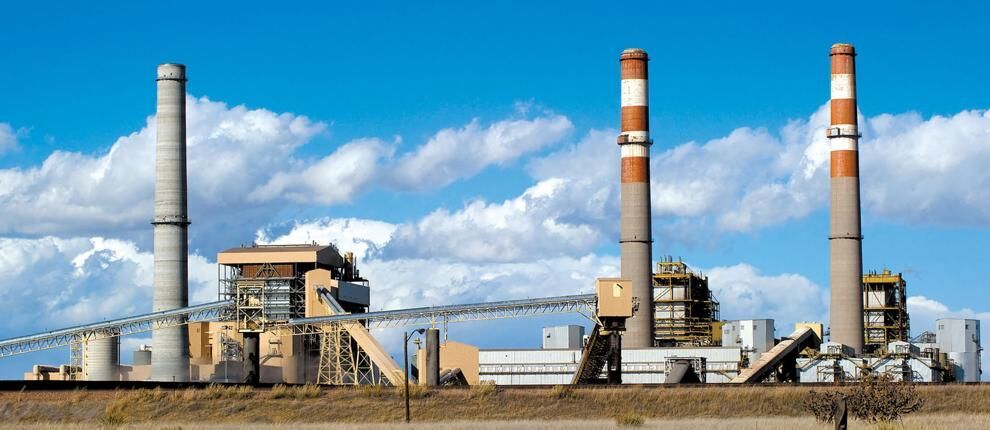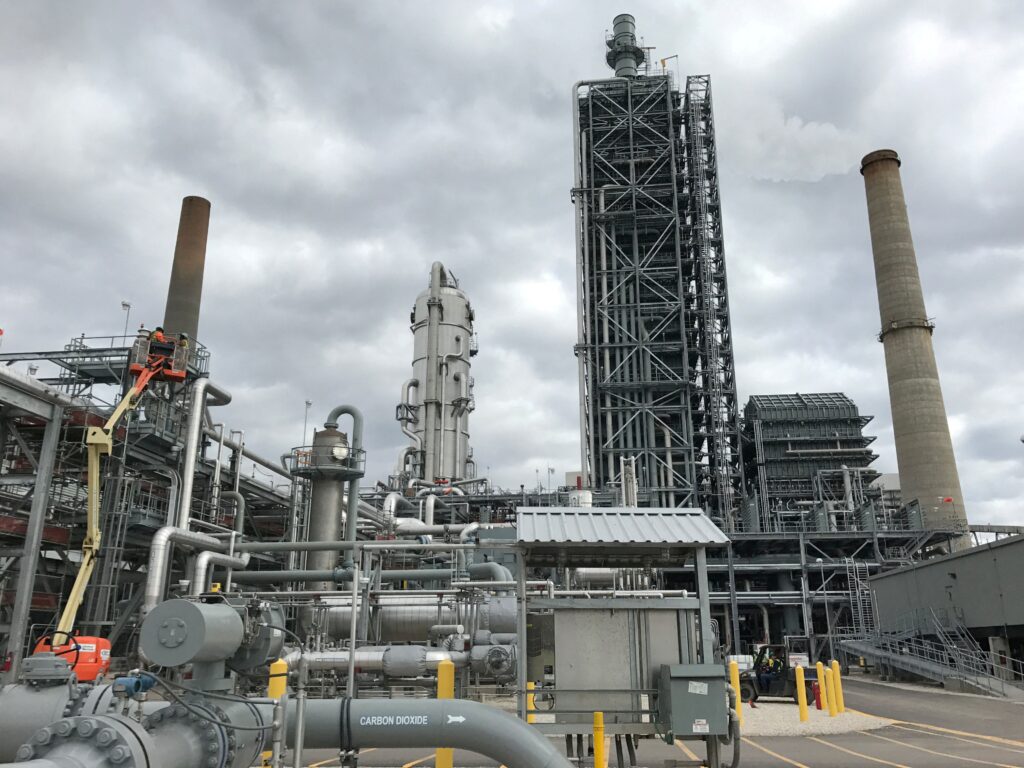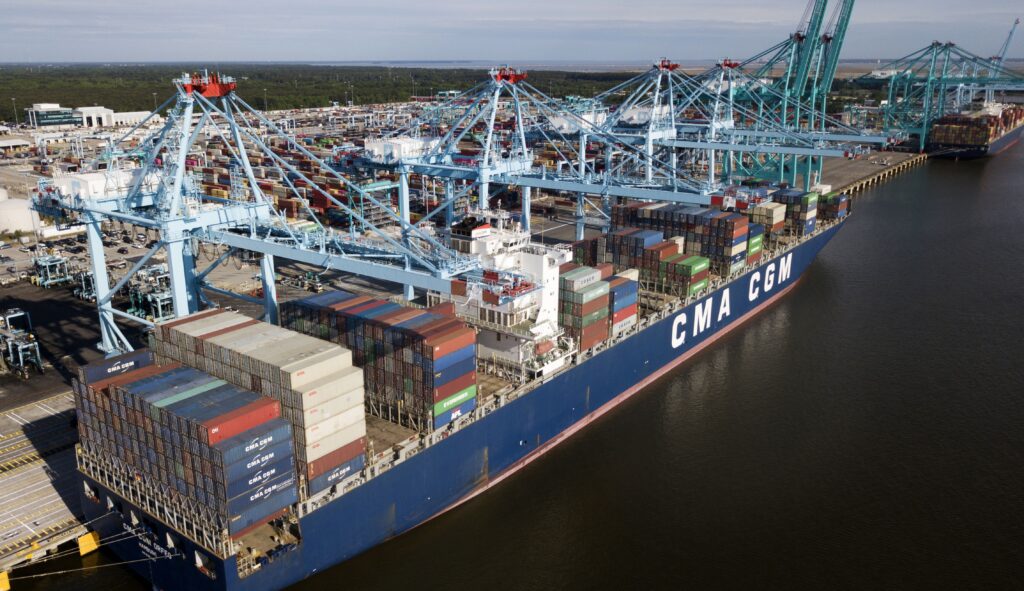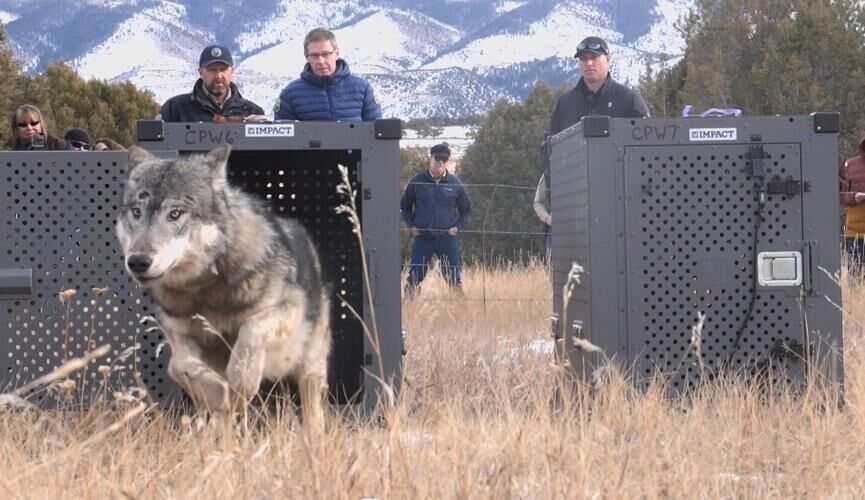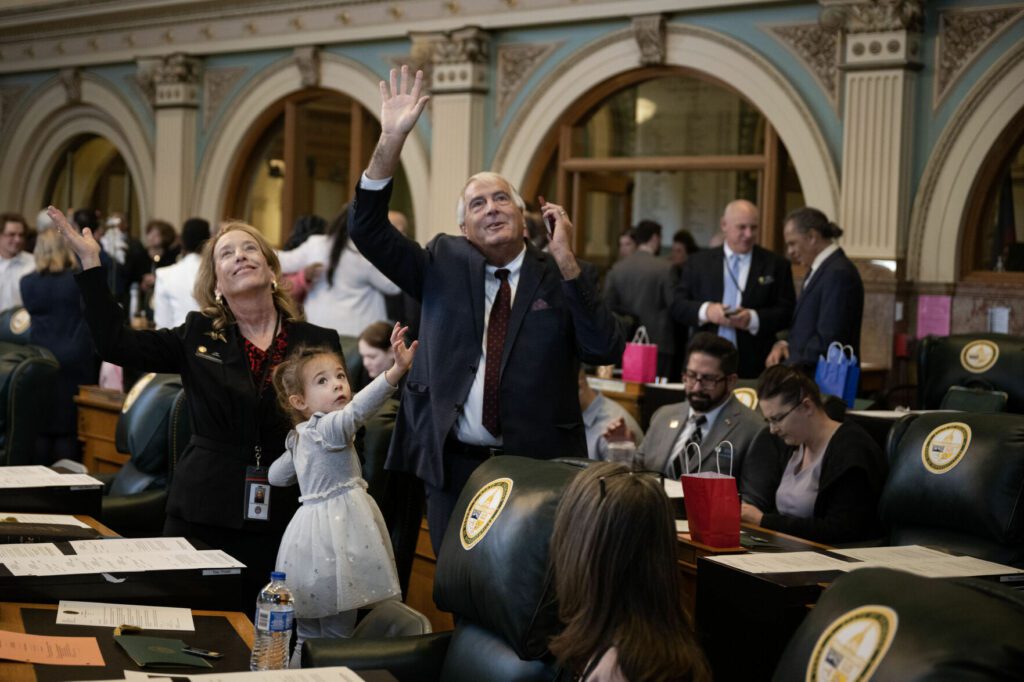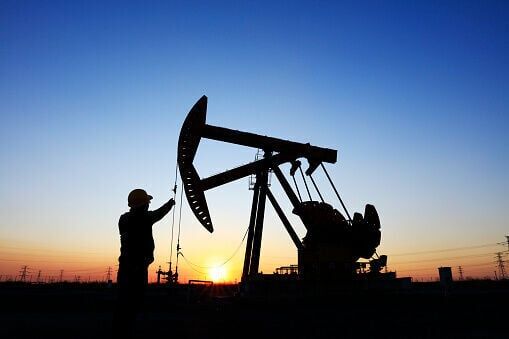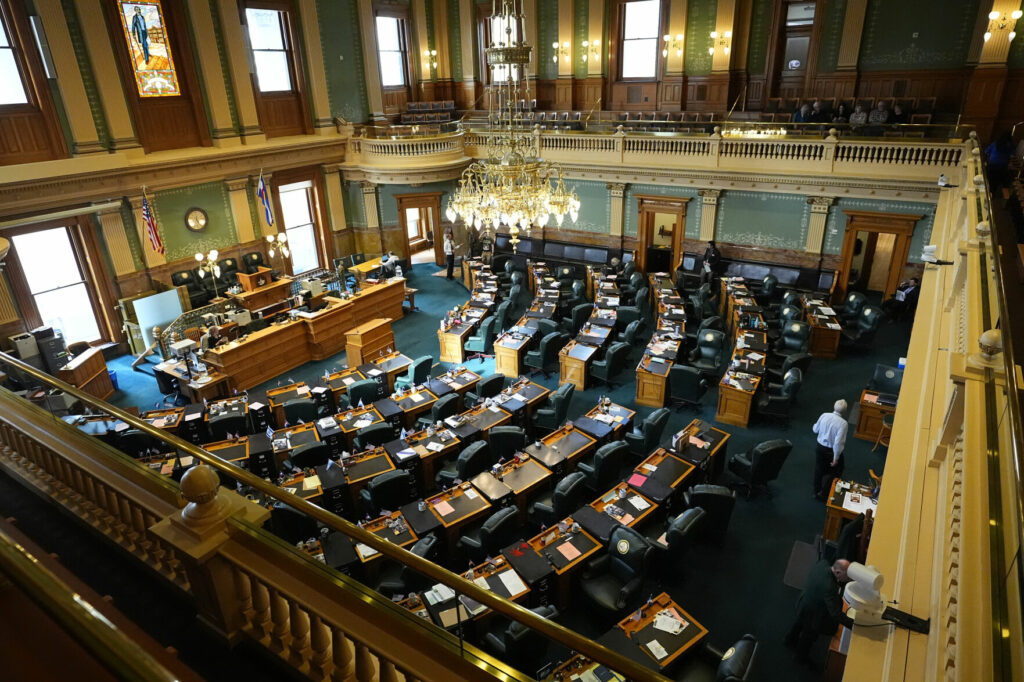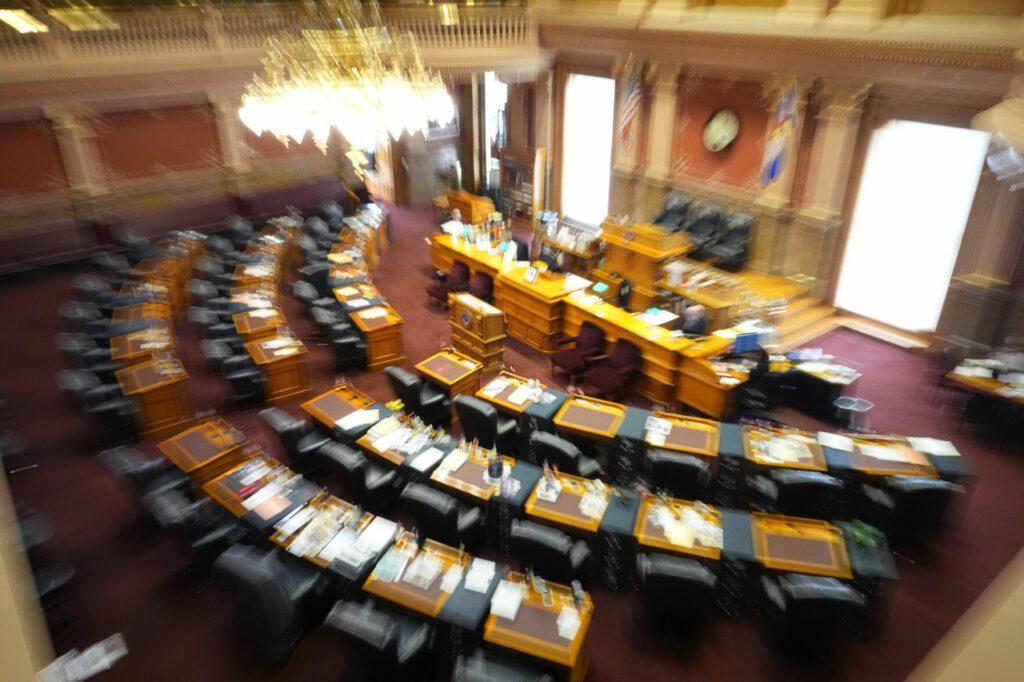Xcel’s natural gas line upgrade in Denver Highlands area can proceed despite objections
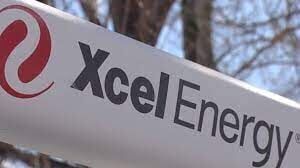
The Colorado Public Utilities Commission dismissed objections to a proposed $27 million project to install larger natural gas main lines in Denver’s Highlands neighborhood, giving Xcel Energy permission to install some 8,000 feet of new, 12-inch gas pipe there.
Xcel officials proposed the project to address problematic areas of the city where the existing pipelines can’t carry enough gas to meet the needs of customers. That problem raised the specter of rolling gas blackouts during extreme weather if capacity is not increased.
Xcel Energy making a big push for more renewables
The environmental group Southwest Energy Efficiency Project, along with the commission’s own staff and the Office of the Utility Consumer Advocate all disagreed with Xcel’s solution to the problem for substantially the same reasons and filed objections.
All three focused on the expansion of gas delivery capacity by the West Metro Gas Project as ignoring the requirements of Gov. Jared Polis’ Greenhouse Gas Reduction Roadmap. They argued that the project would increase, rather than decrease, consumption of natural gas. This, according to the filed objections, is the antithesis of what Polis and General Assembly have called for.
In the recommended decision submitted to the commission, Administrative Law Judge Melody Mirbaba pointed out that Xcel’s request is not based on increasing ordinary throughput of the gas system more than is required by growth in the next decade or so, but rather it is intended to deal with emergency situations like 2021’s Valentine’s Day freeze that cost Xcel ratepayers $500 million in additional gas charges.
Marshall Fire lawsuit against Xcel Energy can proceed, judge rules
In the project planning area near Sloan’s Lake, the problem is not people staying warm on ordinary winter days. It’s what happens when the outside temperature reaches -25 degrees. That’s the temperature that Xcel uses as its “design day” metric for gas system sizing and delivery requirements.
When the temperature drops, gas usage goes up, according to Xcel. When gas usage goes up, pressure in the gas main lines goes down. As pressure drops, Xcel’s ability to push gas through the system to customers is reduced. Lines can only take so much pressure before they rupture. Xcel officials estimated that without the new 12-inch high-pressure gas mains, by 2033 the capacity shortfall may cause up to 6,000 customers in the project area to lose service during a weather event where the temperature sinks below 0 degrees.
Xcel also sized the new pipeline so that it can accommodate replacing natural gas with green hydrogen sometime in the future, if that becomes a reality.
“All the Interveners argue that the Application should be denied because it is incompatible with a clean heat future or statutory emission reductions goals,” Mirbaba wrote in the ruling. “The UCA argues that statutory greenhouse gas emission reduction targets require a significant move away from using gas as a fuel source and that if the Project proceeds, the resulting asset will become stranded or retired early, requiring customers to pay for it well beyond its useful lifetime.”
Southwest Energy Efficiency Project officials and the others maintained that a clean-heat future requires decisions that “force the transition away from reliance on natural gas” and scrutiny of Certificate of Public Convenience and Necessity gas projects to avoid “encouraging continued reliance on natural gas,” according to Mirbaba.
Colorado spends $550,000 in campaign to promote electric vehicle sales
Mirbaba, and ultimately the commission, rejected those arguments saying those larger regulatory decisions are neither final at this stage, nor can they apply to this specific application because those concerns aren’t within the scope of this project. Finally, the commission ruled, all of them can be addressed in the future by the commission.
“A decision on exceptions means that an ALJ (administrative law judge) issued a recommended decision addressing all matters in the case, but one or more parties took issue with the ALJ’s determinations and filed exceptions to the recommended decision,” PUC Spokeswoman Gail Connors said.
In this case, said Connors, though Mirbaba rejected the objections, the commission’s decision wasn’t final until it was heard on Oct. 26 and Nov. 16 at the commissioner’s regular weekly meetings.
There are also due process concerns over applying rules not on the books, according to Mirbaba’s ruling. The PUC opened a rulemaking proceeding in October 2021, a week before the application was filed, but only issued the final rules last week.
The commission, she wrote, “noted that the application should be decided based upon the gas rules in effect at the time the application was filed.”
Objectors argued that the commission should suspend the proceeding until the new rules are in place. But Mirbaba noted that’s not legal.
“Indeed, the purpose of the due process prohibition against retrospective laws is to prevent the unfairness entailed in altering the legal consequences of events or transactions after the fact,” Mirbaba wrote.
The Dec. 6 decision by commissioners that upheld Mirbaba’s recommendation and entered additional findings in the case is almost final, Connors said.
“The only remaining process is for a party to file an application for rehearing, re-argument, and reconsideration,” said Connors. “Those applications are due on December 27.”



